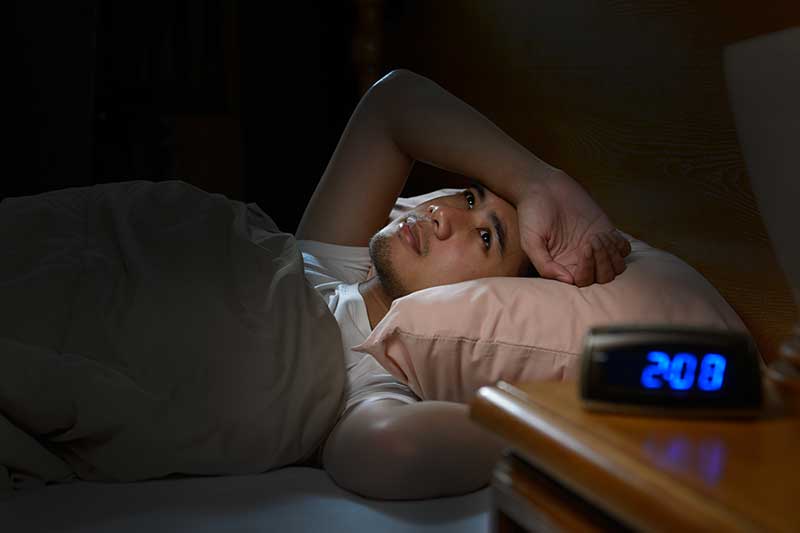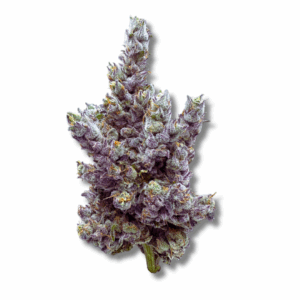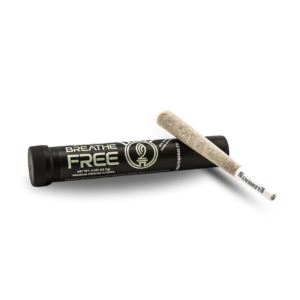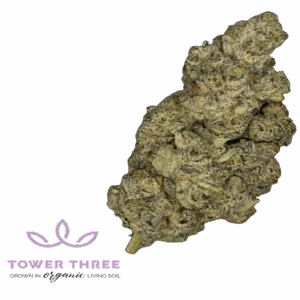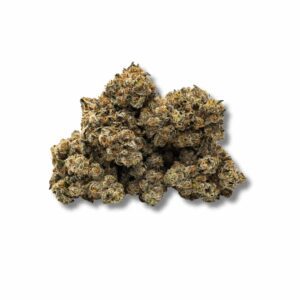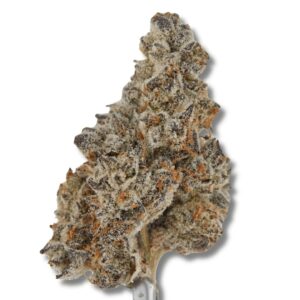Cannabis for Insomnia
Cannabis has gained attention as a potential natural remedy for insomnia, a common sleep disorder that affects millions of people worldwide. The effects of cannabis on sleep and relaxation are influenced by its chemical components, including terpenes and cannabinoids. These compounds interact with the body’s endocannabinoid system to produce various effects, including relaxation and sedation making cannabis a popular choice for treating insomnia.
The Best Weed for Insomnia, Cannabinoid profile
In addition to THC and CBD, CBN is another cannabinoid that has been shown to promote sleep. CBN is a minor cannabinoid that is formed when THC ages, and it has been shown to have sedative effects, making it potentially useful for promoting sleep. However, it is important to note that CBN is typically found in low concentrations in most cannabis strains and it is just one part of the puzzle when using cannabis for insomnia.
The Best Weed for Insomnia, Terpene Profile
Some terpenes that have been shown to promote relaxation and sleep that make cannabis for insomnia an option include myrcene, linalool, and beta-caryophyllene. Myrcene, in particular, is known for its sedative effects and is commonly found in indica strains. Linalool, which is found in lavender and other plants, has a calming and stress-relieving effect and may also promote sleep. Beta-caryophyllene, which is found in black pepper and other spices, has anti-inflammatory properties and may help reduce pain and anxiety. You should look for these terpenes when considering cannabis for insomnia.
Cannabis Edibles for Insomnia
Edibles can provide a longer-lasting and more intense effect than smoking or vaping cannabis, making them potentially useful to combat insomnia. Please visit our cannabis edibles and insomnia page for more information about edibles and what you should know about using them.
Summary of Cannabis Strains for Insomnia
When selecting cannabis for insomnia, it may be helpful to look for strains that contain high levels of myrcene, linalool, beta-caryophyllene, and CBN, as well as a balance of THC and CBD. However, it’s important to keep in mind that everyone’s response to cannabis is different, and it may take some experimentation to find the best strain and consumption method for individual needs. It’s also important to talk to a healthcare professional before using cannabis for insomnia, especially if taking other medications or having underlying medical conditions.


